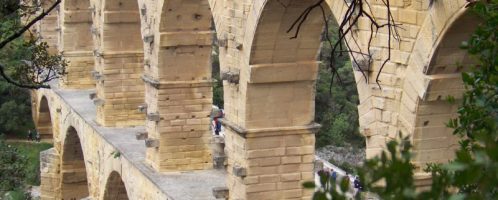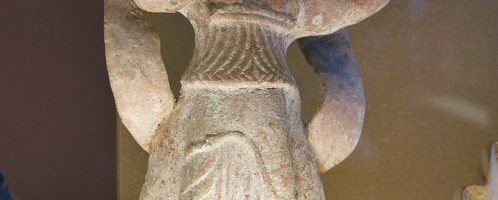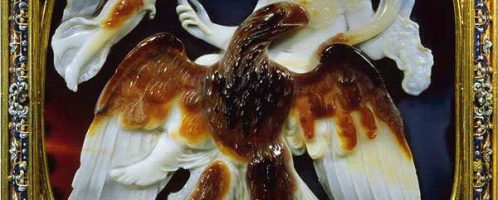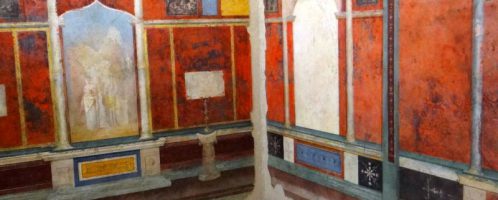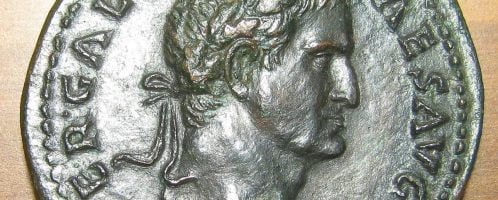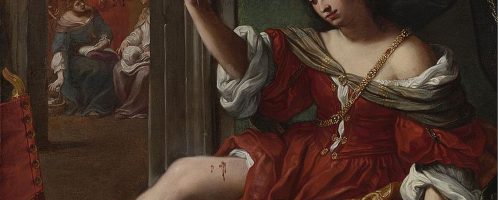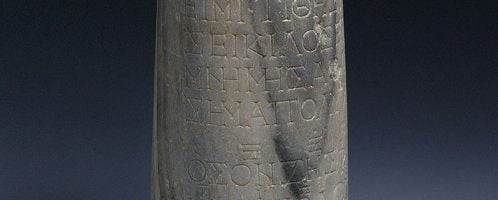How far did Romans go – Roman territorial gains and expeditions deep into Africa
The map showing the greatest territorial extent of the Roman Empire is well known, as is the history of the Roman legion in China. But how far south did the Romans travel on their African expeditions?



